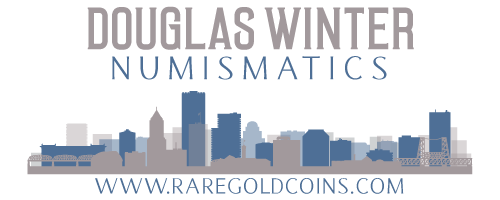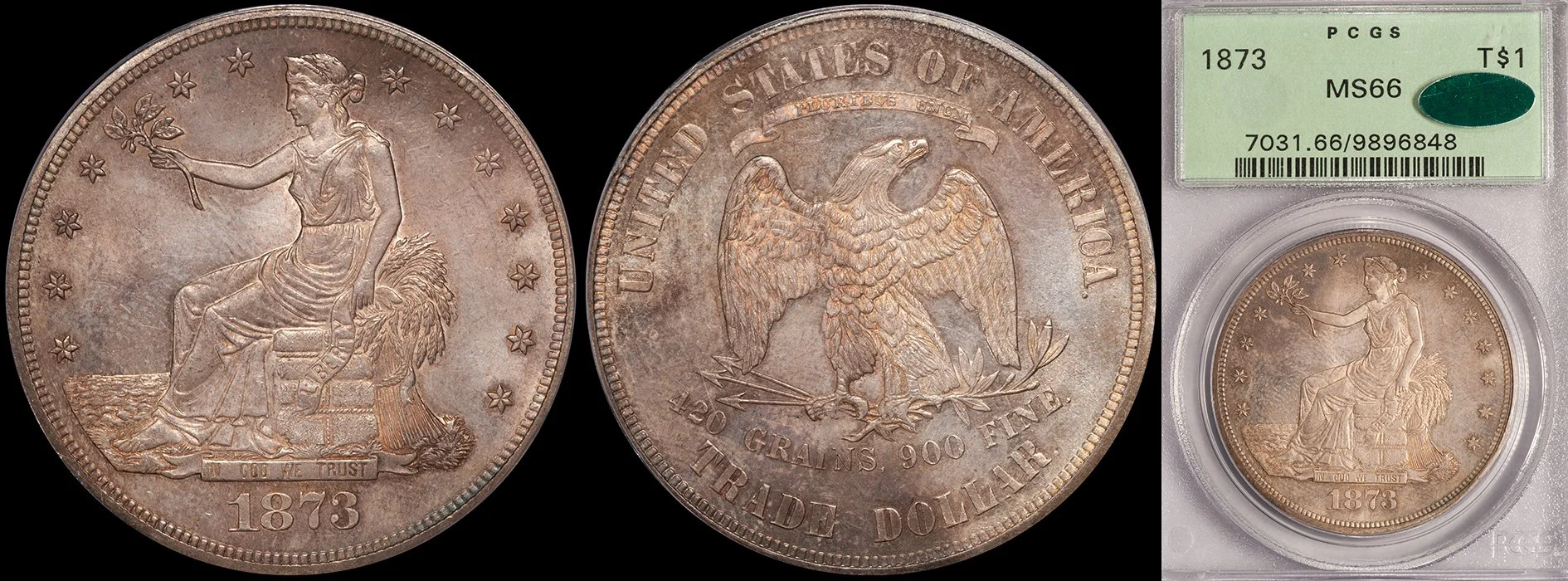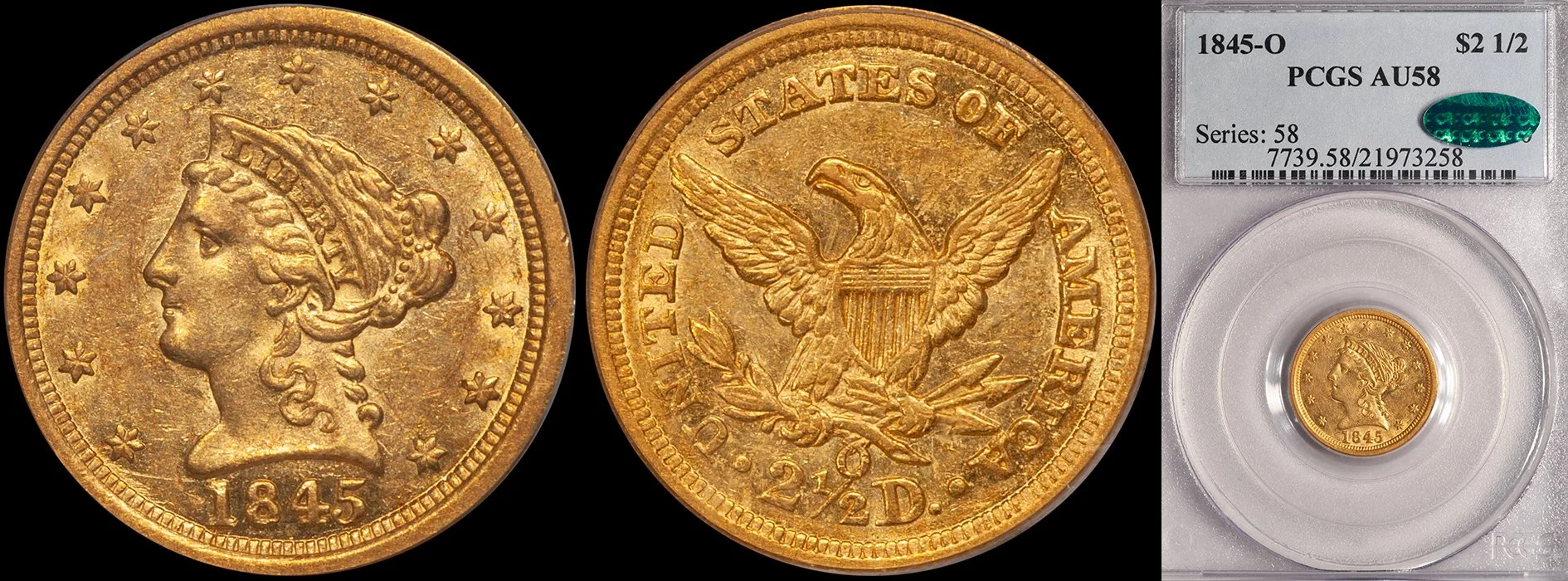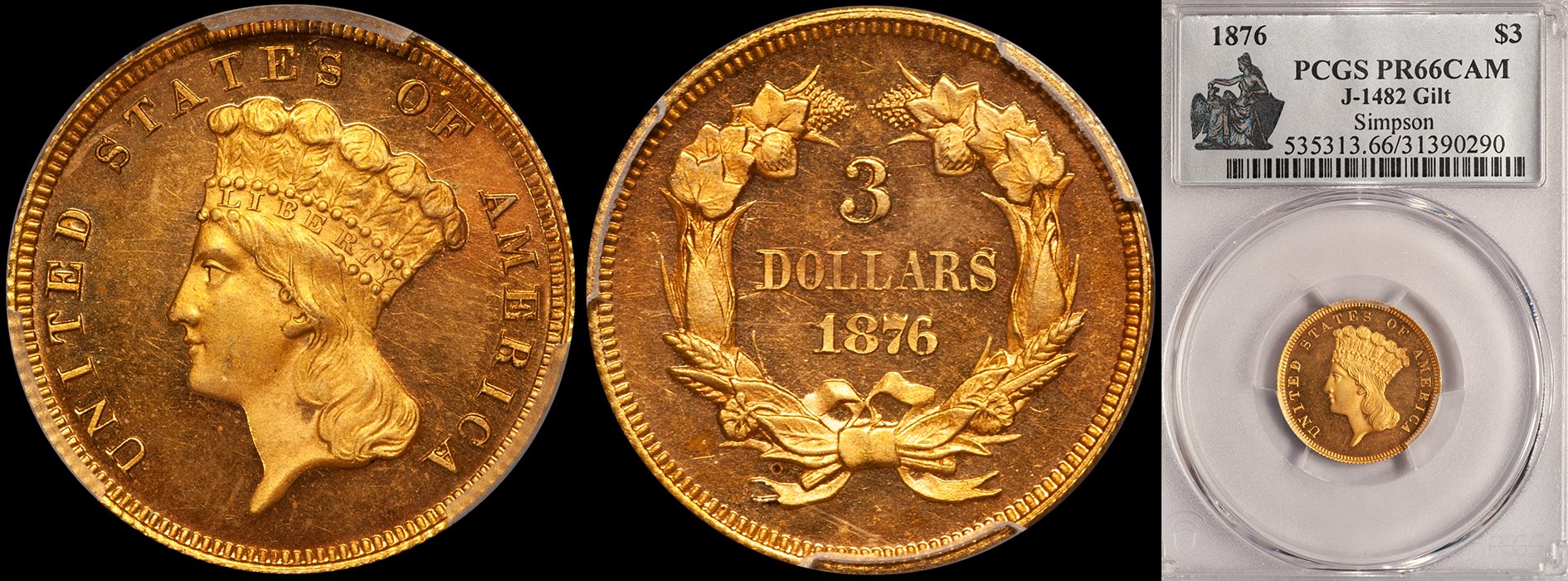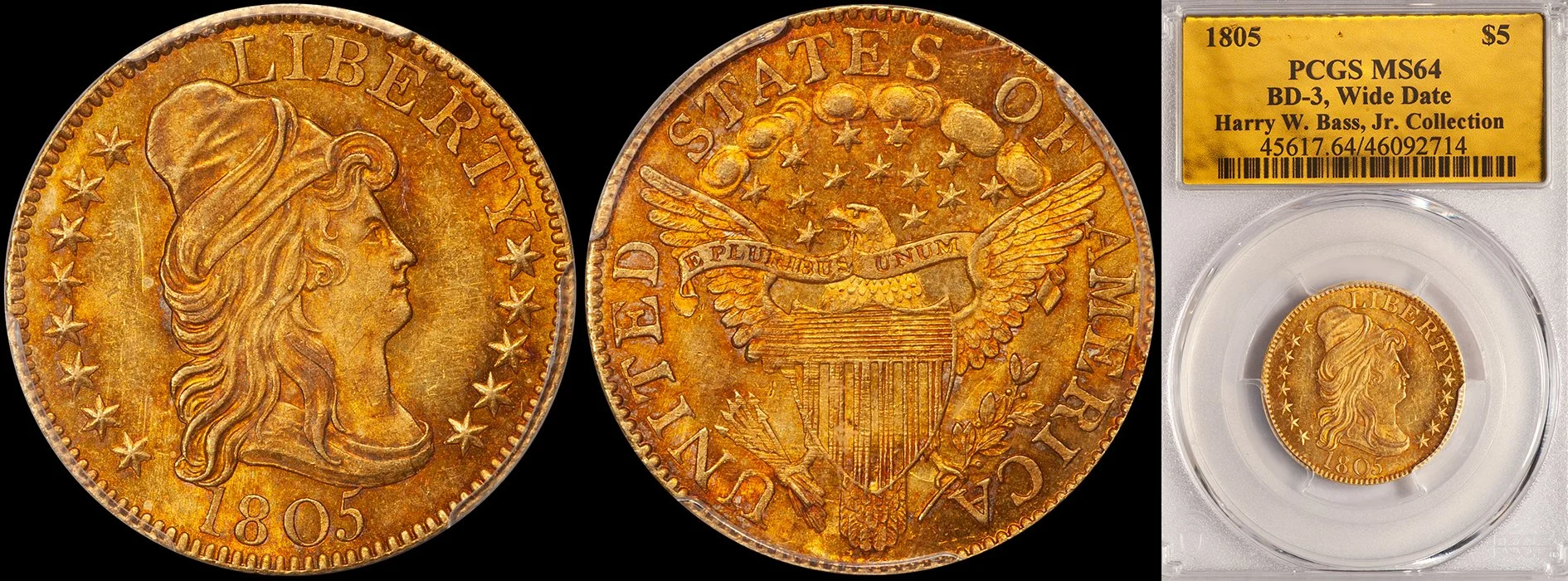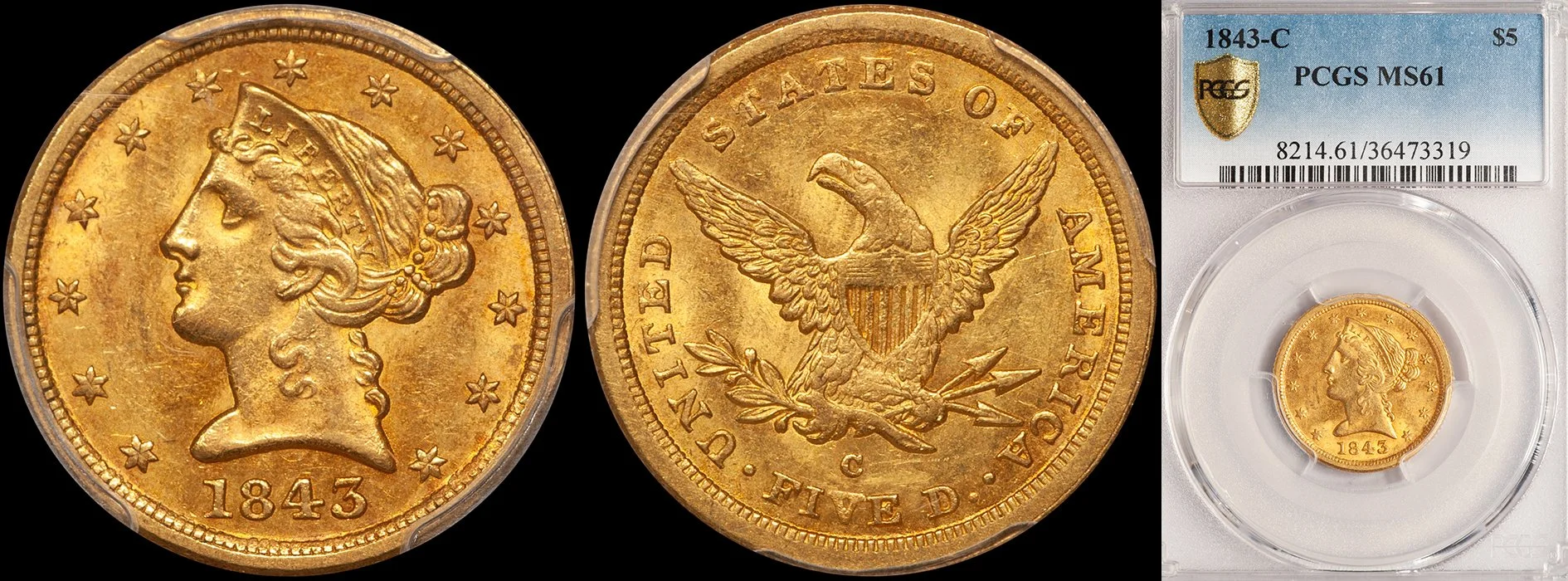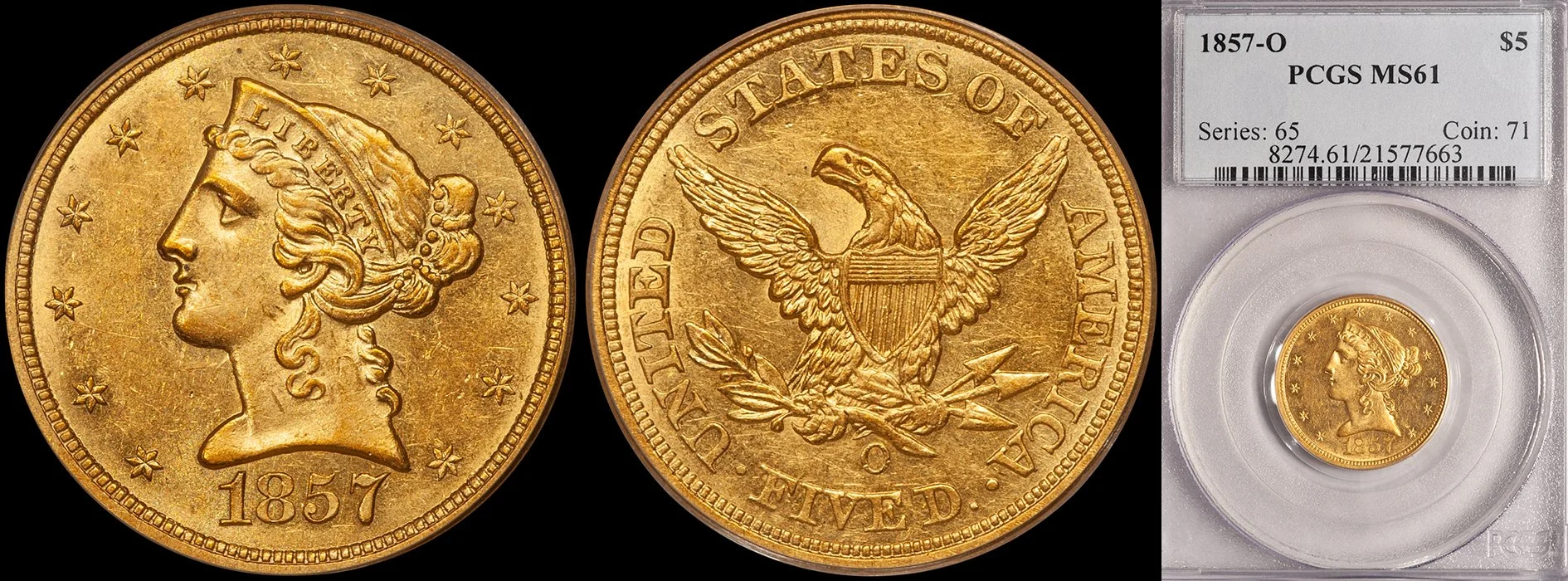Can Coin Dealers be Coin Collectors?
/A recent question from a client got me thinking: is it possible for a coin dealer to be a coin collector? My answer short and sweet: certainly yes — but with a large asterisk.
In most collectibles fields, many of the greatest collections ever formed were by dealers. This is especially true in the art world where the line between what is a “collection” and what is “inventory” is blurry; certainly far more so than in the world of coins.
Focusing on coins, I’d say that you want to buy from someone who is a coin weenie; someone who loves coins every bit as much as you do. I know I admire those dealers who really love coins more than those for whom numismatics is just a business, and who don’t really care that one 1845-O quarter eagle is choice and original while another is abraded and processed.
In the 19th and early 20th century, many of the most prominent U.S. dealers were collectors as well. Lyman Low, John Haseltine, David Proskey, Ed. Frossard, M.H. Bolender, Al Overton, and others assembled great specialized collections which were sold during their lifetimes and for which they are remembered even today.
Numismatics has evolved from an esoteric hobby into a big multi-national business since World War II, and for every post-war dealer like John Ford or David Akers who owned great coins, there are dealers who either do not care to collect or who do not want to be placed in a position where they are competing with their clients.
Let me give you an example. I recently bought a beautiful PCGS AU58 1846-O half eagle. This is exactly the type of coin I’d put away if I were a collector. So here was my predicament: do I keep the coin or sell it to any one of the dozen or so collectors who I work with on Liberty Head half eagle or New Orleans gold collections? I agonized for a second or two and quickly decided to sell the coin to a good collector. It was a simple; I’m a coin dealer not a coin collector. And here is another conundrum: if I were putting together a set of Liberty Head half eagles and I needed an 1846-O, why would I sell such a coin as perfect as the aforementioned example to a “competitor?”
But I still want to collect, and I’m not going to be relegated to something totally out of numismatics in order to escape potential conflicts of interest. My solution is pretty simple: I collect paper money, coin books, cool numismatic knick-knacks, and silver coins that do not typically appear in my inventory. Once or twice a year I do buy a gold coin for myself that is so unusual (from the standpoint of appearance) or so undervalued that I put it away. Such coins usually stay in my safe deposit box for a year or two until I have a client who I feel will appreciate the coin (and will sell it back to me when he tires of it) or if the market has risen enough to motivate me to take my profit (in the case of a Civil War eagle I recently sold).
So that’s my answer. A coin dealer should be a coin collector, just not in the area in which he specializes. Your thoughts?
Do you buy rare gold coins?
Do you have coins to sell?
Would you like to have the world’s leading expert with you assembling a set of coins?
Contact me, Doug Winter, directly at (214) 675-9897 or by email at dwn@ont.com.
